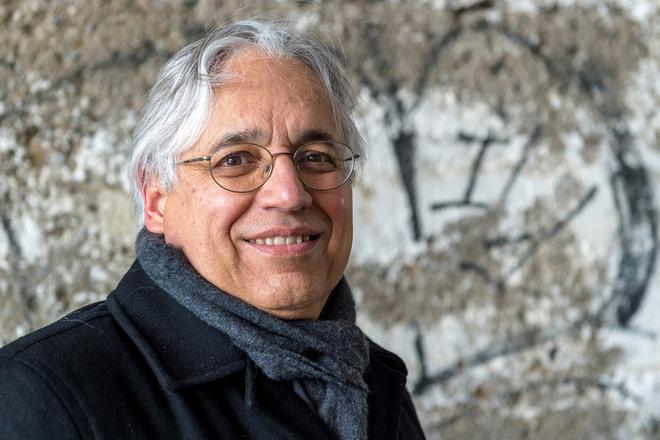Andrew Giarelli is a Prague-based and Slovakia-loving Italian-American journalist. His latest novel, The Talking Statues, explores the long-standing tradition of Rome’s Pasquinate, a form of satire posted in public spaces. Named after Pasquino, a marble statue unveiled in Rome in 1501, the centuries-old tradition of posting these verses on “talking statues” continues to this day.
The Slovak Spectator (TSS): When did you first encounter Pasquino and his fellow Talking Statues in Rome and decide this was something worth researching and writing about?
Andrew Giarelli
Andrew Giarelli is an Italian-American journalist, author and senior lecturer in literature and journalism at the Anglo-American University in Prague. He was a senior Fulbright lecturer in Slovakia in 2011 and currently splits his time between Oregon (USA) and Prague.
Andrew Giarelli (AG): In 2001, I started visiting Rome almost every year for about a month at a time. Because I am both a literature professor with an emphasis in folklore as well as a working journalist that teaches journalism, once I started learning about Pasquino and the other talking statues, it occurred to me that this is a place where folklore and journalism meet.
This long tradition of these street poets writing commentary about the news really attracted me and I started approaching the Pasquinate as a scholar. I spent time with the Pasquinate manuscripts, published yearly starting in 1509, in the reading room of the National Library of Rome. Some of the earliest printed books in Italy were these collections of Pasquinate because it started as a graduation tradition of students and quickly got out of control, becoming an underground movement.
TSS: Your novel is almost two decades in the making. What were some of the barriers you faced from inception to the final creation and what fueled your desire to see this project through after so long?


